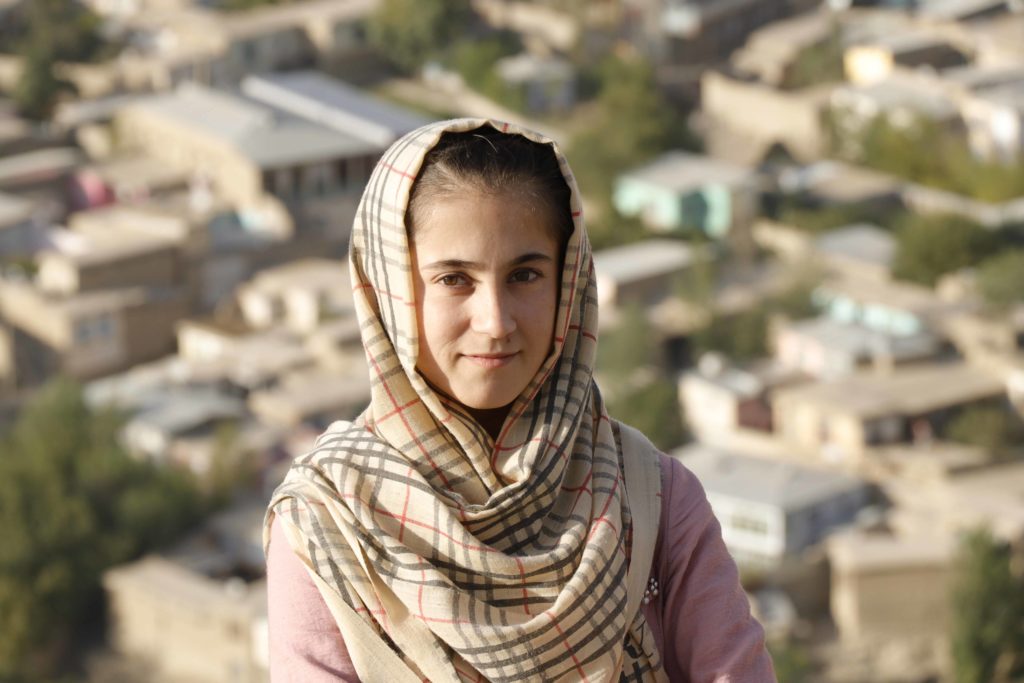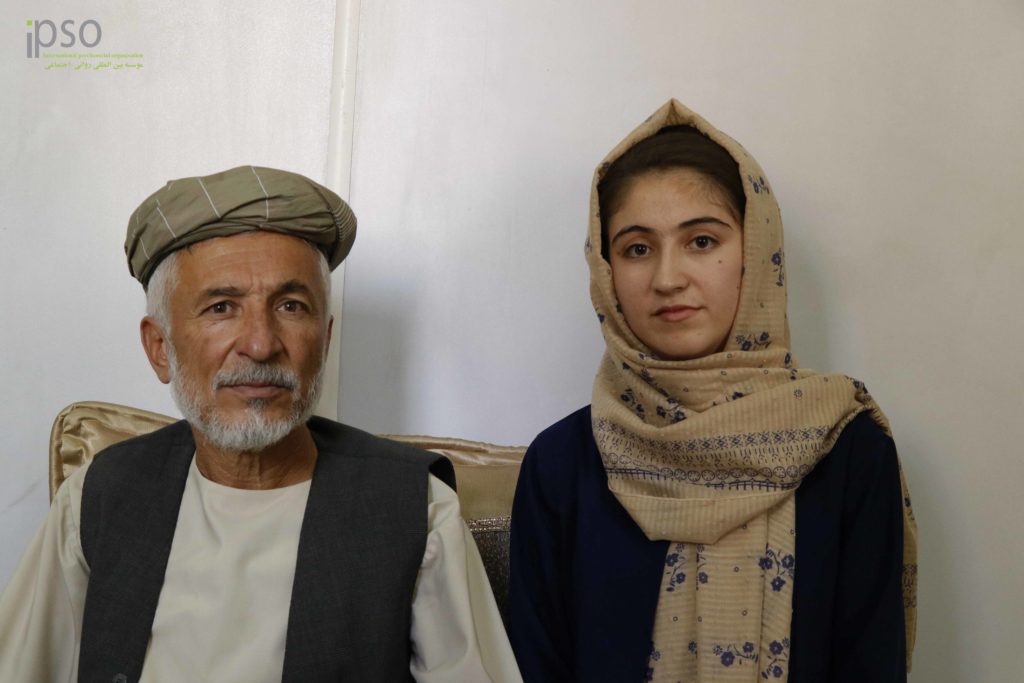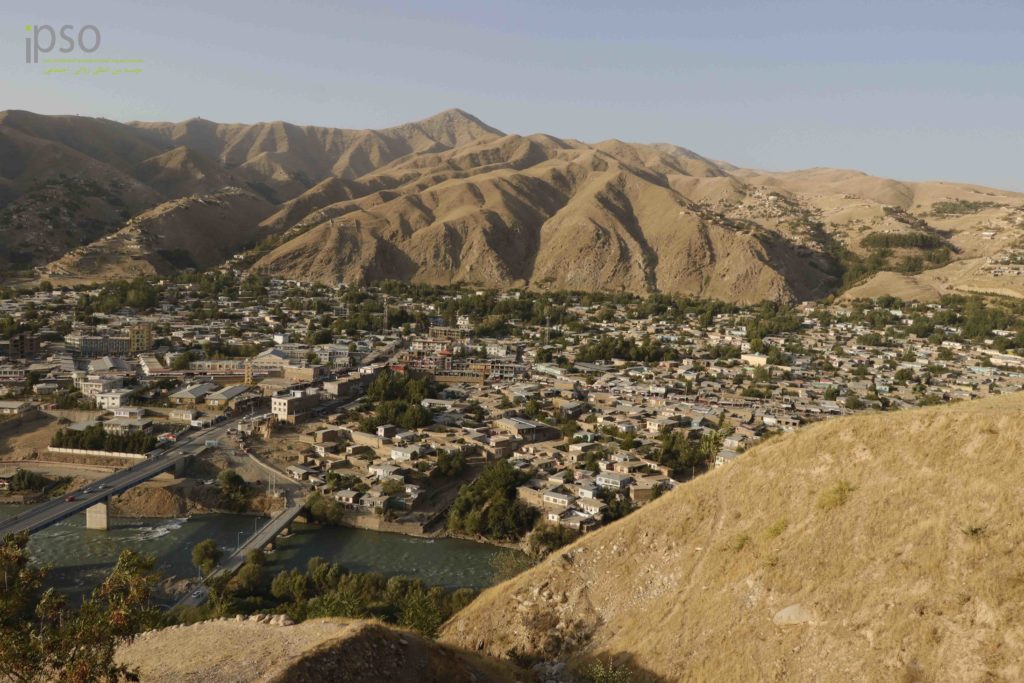In conventional Afghan society, there are numerous manifestations of community dialogue in many forms and formats such as Jirga, Shora and so on. In fact, these forms of community dialogues are so deep-rooted in the Afghan culture that have been long used as dependable mechanisms to discuss issues, make decisions and solve problems at community and family levels. However, the formats of these traditional dialogues have been barely inclusive, especially when it comes to the inclusion of the young generation.
The question is how different people and generations in a community feel about this. Haji Saheb, 60, an influential community elder in Ghiasi district that is located in the old city of Faizabad, believes that elders have been always the main decision-makers in family and community issues and they should be because they have enough understanding of the area and situation and hold richer experience. “We have spent decades of our age living in this area and we know better what is bad and what is good for our children.” He said.
This entrenched tradition in most of the Afghan communities requires young people to respect and adhere to what elders say and decide, even if it is regarding the issues of young people themselves. “We have been consciously or unconsciously convinced that what they are deciding on behalf of us is a hundred percent true and is in our good.” Said Sodaba, a 21-year-old-girl who lives in the Ghiasi district of Faizabad. “Their decisions are certainly sometimes in our good but it is not always about the right decisions but also giving the right and freedom to young people to think and decide for themselves and being able to discuss their problems and sort out their lives.”
Given the fact that today’s generation lives in the era of internet and social media which give them easy and wide access to information, the perceptions about the involvement of the younger generation in the Afghan society has been greatly changed over the past decade, especially when they can see examples from other countries.
Sodaba like many other young people have come a long way to realize the problem and they have developed the wish to transform this tradition within their family. Her 55-year-old father, Abdul Shokur, used to be nothing different from other parents in the Ghiasi district. An uneducated, conservative and relatively authoritative father from the generation of civil war—back in the 80s—who has now raised two daughters with a great education and today’s modern values and realities. This is how most of the families in Afghanistan are composed today and the existence of certain gaps such as a lack of mutual understanding between the two generation is inevitable.
“I loved my daughters but did not have enough confidence in them.” Said Abdul Shokur. “Because I thought they are inexperienced and need my protection. Only a year ago, I would not consult with them on any of the family issues. I did not know much about their worlds.”
It all started with a number of programs and dialogue sessions Sodaba and Shadaba had attended in Faizabad on the topic of intergenerational dialogue. They related to the problem in their own family and they got motivated to talk about these issues in their family.
“We invited our parents to one of these dialogue sessions to create a shared understanding of the problem in our family.” Said Sodaba. “Shadaba and I were aware of the problem but we wanted our parents to understand the problem too. This was the challenging part. How could we convince our parents that this problem actually exists? Because for them, this does not seem like a problem.”
They finally managed to convince their parent to attend at least one session. However, it turned out that they attended all sessions throughout many weeks. “The sessions were interesting. Not only did we have the chance to discuss this problem with our parents but also we were engaged in many meaningful exercises and role-plays that allowed us to interact more with them in action.” Said Shadaba. “It was the first time that I saw my parents playing with us.”
“My parents have not transformed into a complete modern people over the course of a few weeks. In fact, that is not the point. The point is that we two generations lay out our differences and are now able to understand each other. It is a mutual understanding.” Said Sodaba. “We now understand their perspectives, values and concerns too.”
“A year has passed and now I can feel more comfortable, safe and trusted to open up and consult about my personal problems with my father. I feel that I am taken more seriously now. He sometimes tells the story of his childhood to us. Overall, our relationship has improved a lot ever since.” Said Sodaba.
“My daughters have the right to choose their life partners and when they want to get married.” Said Abdul Shokur. “This is how I think now about the most serious concern. This sums up the change in me as a parent since last year.”
Shadaba believes:”If every family promotes this understanding in their family, I am sure this understanding will be promoted in the society as well.”














